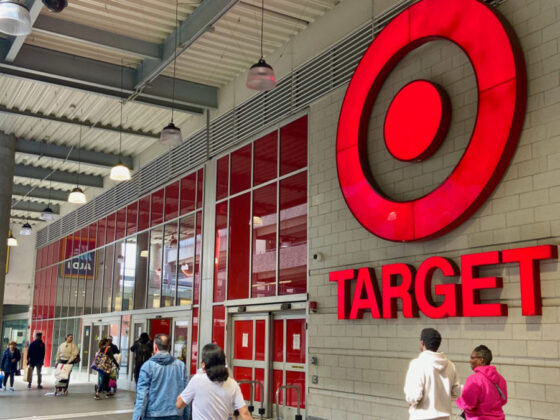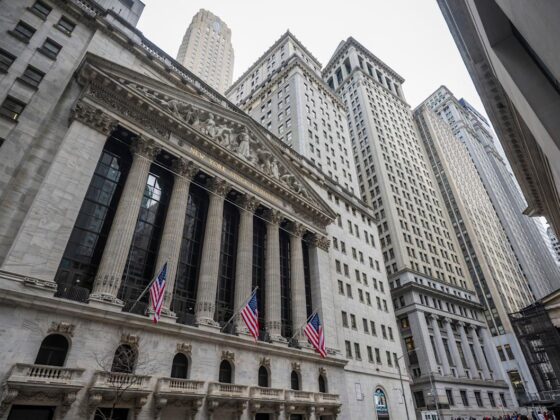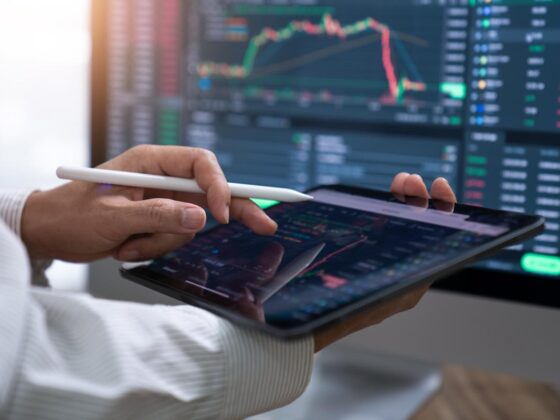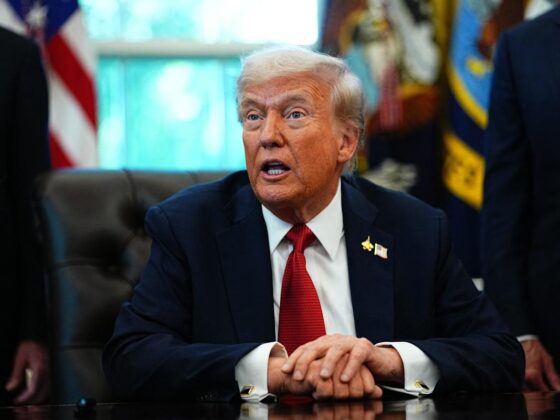STORY: U.S. stocks ended higher on Thursday, with the Dow and S&P 500 each gaining about half a percent, and the Nasdaq adding roughly three-quarters of a percent.
The S&P 500 and Nasdaq notched record high closes, somthing each index has achieved multiple times in recent weeks.
Data showed U.S. retail sales bounced back sharply in June, which many investors viewed as a sign of renewed economic momentum.
But Joe Hegener, founder and chief investment officer of Asterozoa Capital Management, is concerned that consumers are buoyed by an abundance of available credit.
“If you just look at credit card delinquency rates, auto loan delinquencies, affordability of housing, affordability of autos, even gas prices, it's a pretty precarious situation. And the consumer relative to history is quite stretched as it relates to the consumer balance sheet in the level of indebtedness. I think something that I and most professionals have underestimated, though, is the accessibility, the availability of alternative forms of credit via ‘buy now, pay later’ platforms. And some of these new startups that are coming to the marketplace, that are taking investor capital and are still unprofitable, but they're aggressively refinancing very expensive debt, mostly in the auto space.”
Still, the strong retail sales data was accompanied by upbeat commentary from consumer-facing companies.
Shares of PepsiCo jumped 7.5% after forecasting upbeat results, fueled by demand for energy drinks and healthier sodas.
Shares of United Airlines gained more than 3% after the carrier projected stronger demand since early July, offering a rare bright spot for an industry strained by President Trump's budget cuts and trade tensions.
Shares of TSMC, the world's main producer of advanced AI chips, added nearly 3.5% after the company posted a record quarterly profit, saying demand for artificial intelligence was getting stronger.
After the close, Netflix reported earnings above forecasts, aided by the final season of global phenomenon “Squid Game.” But extended-hours trading was volatile, with shares dipping about 1% after the report.













